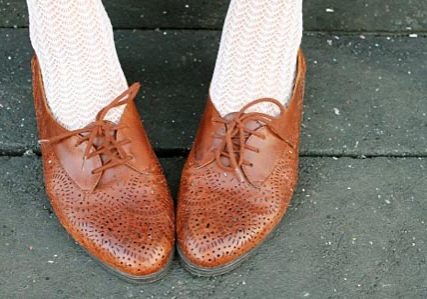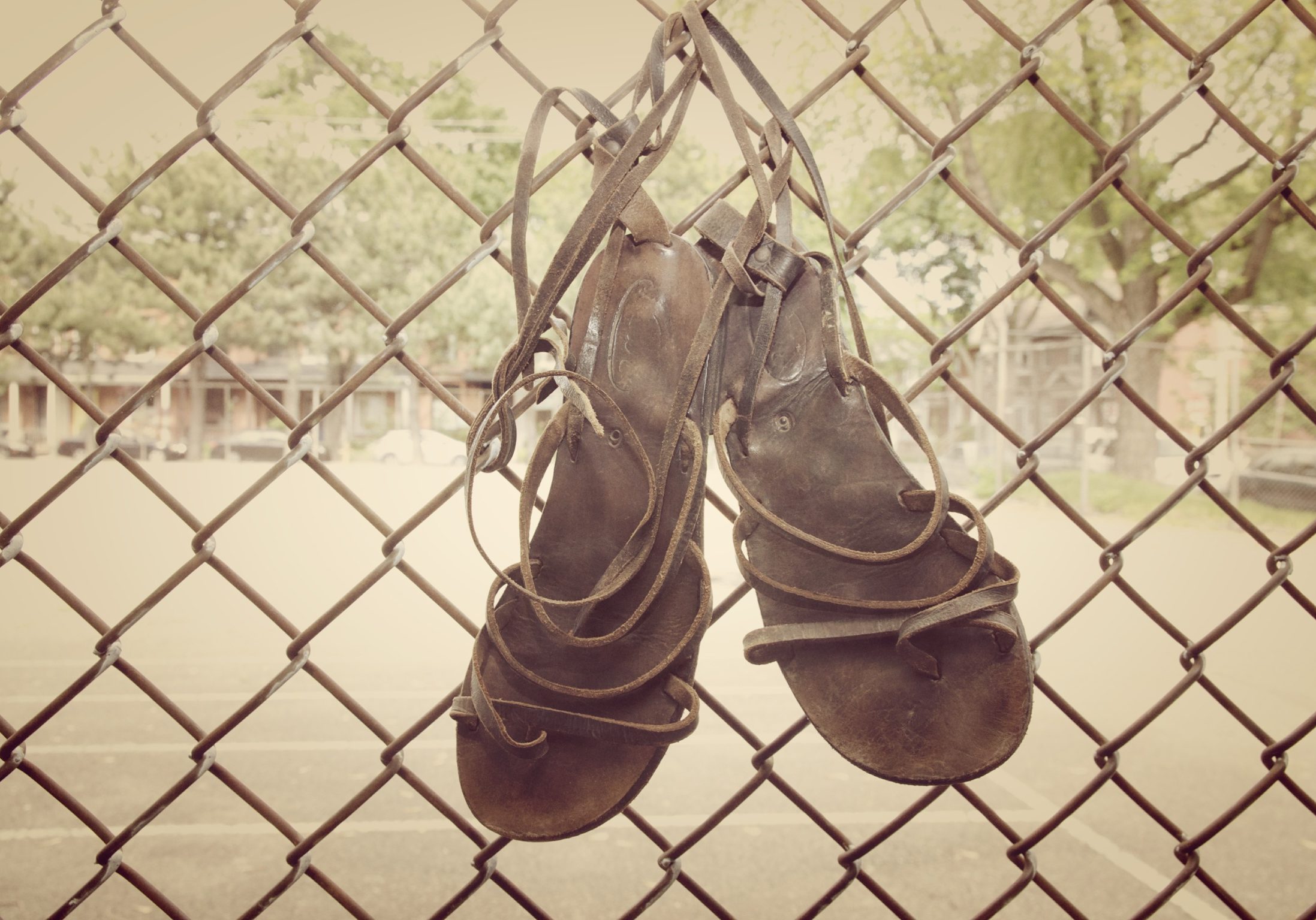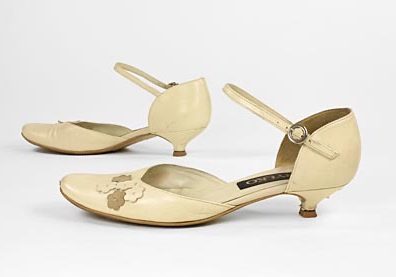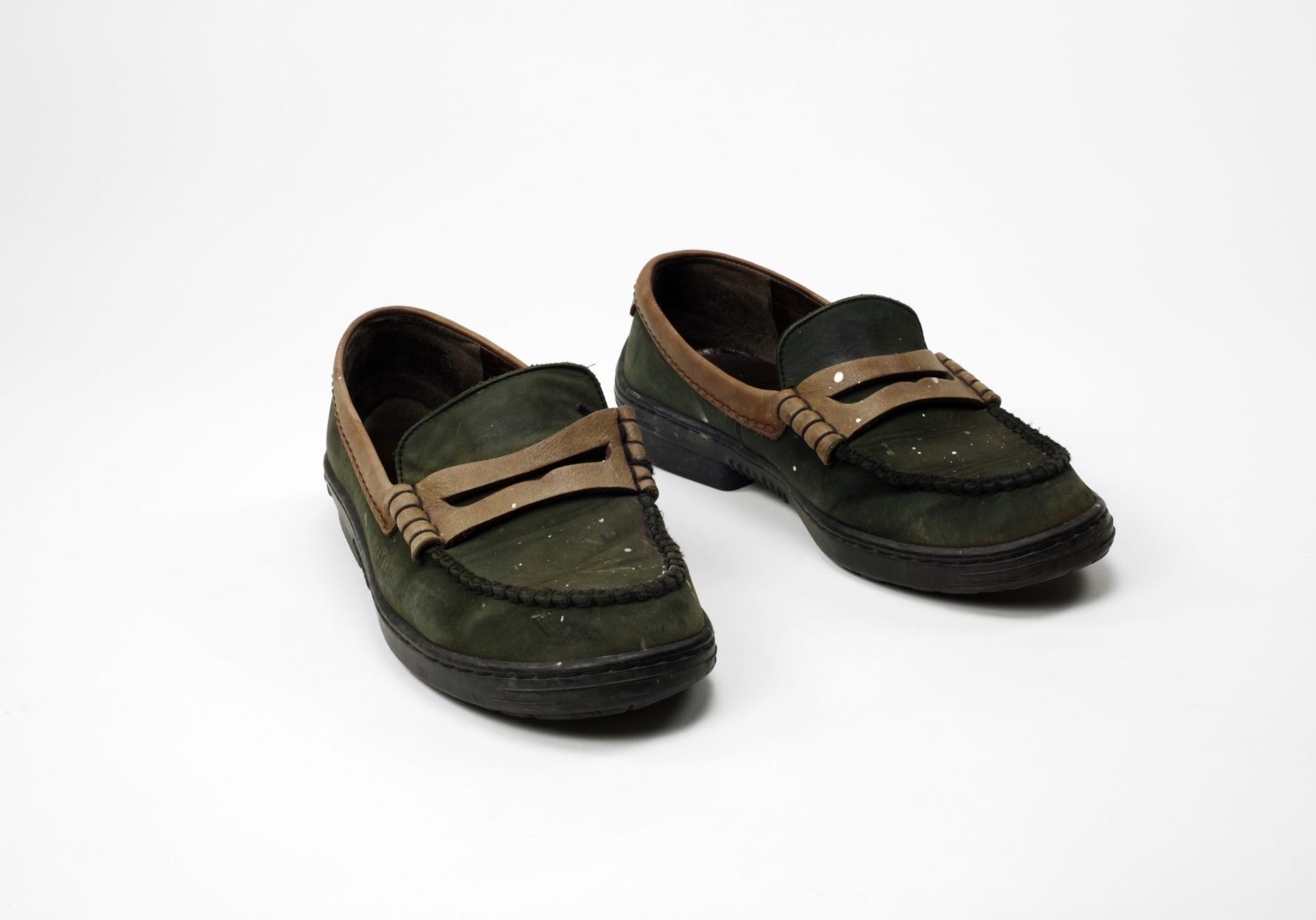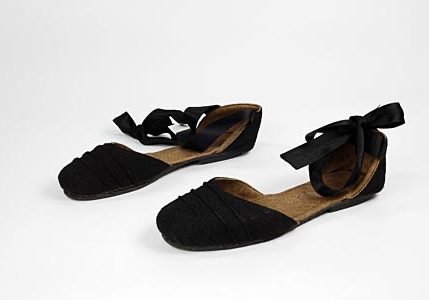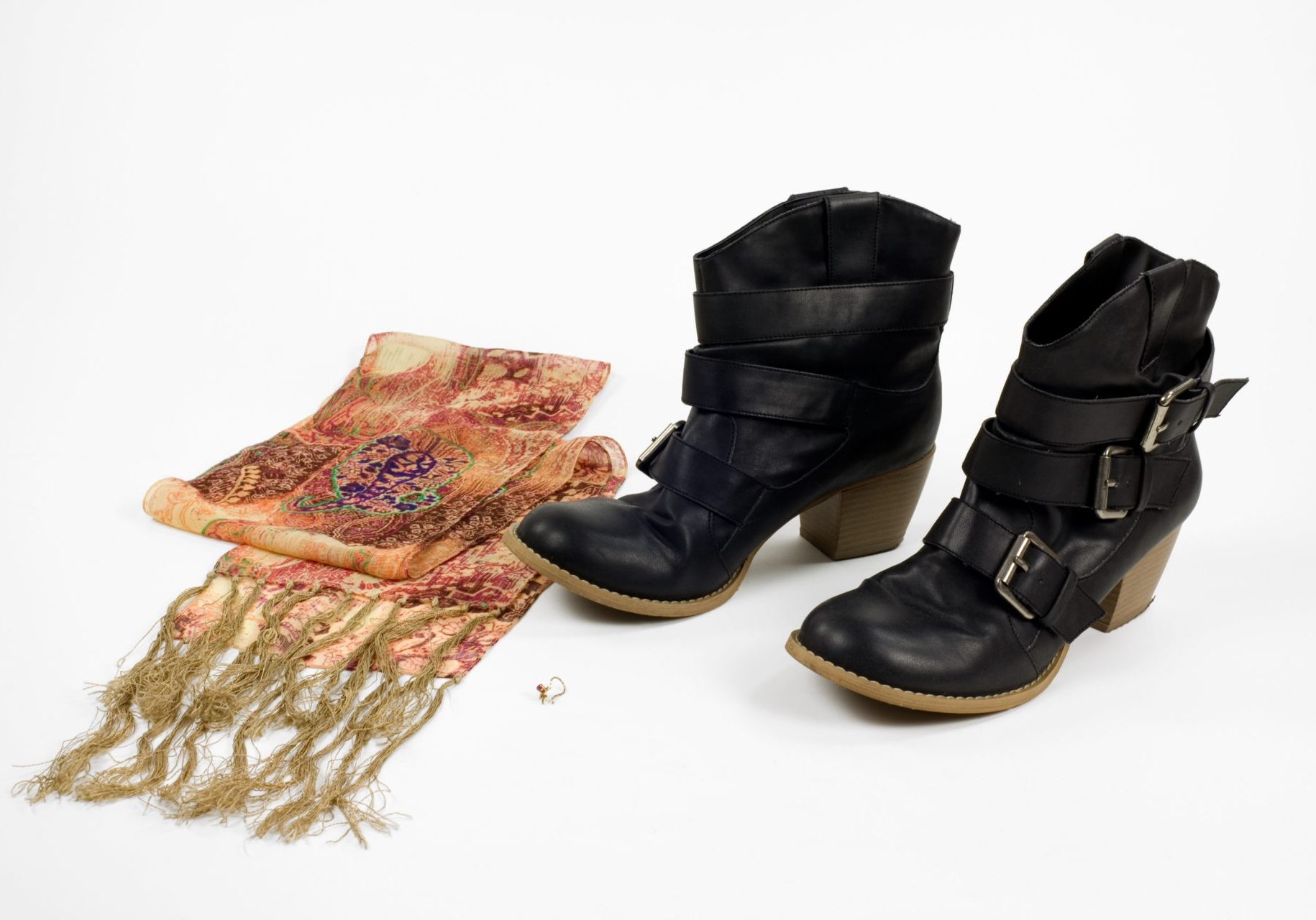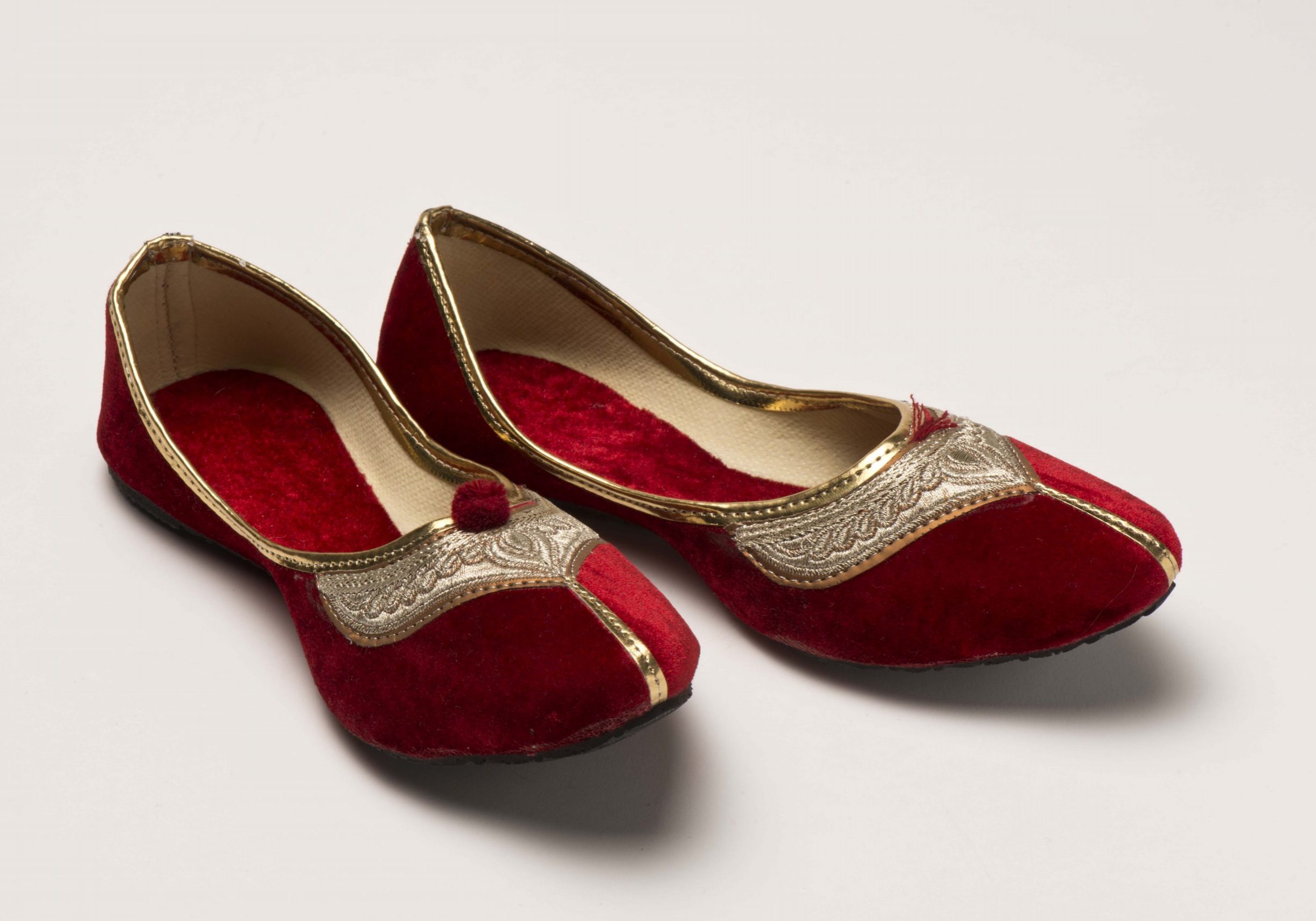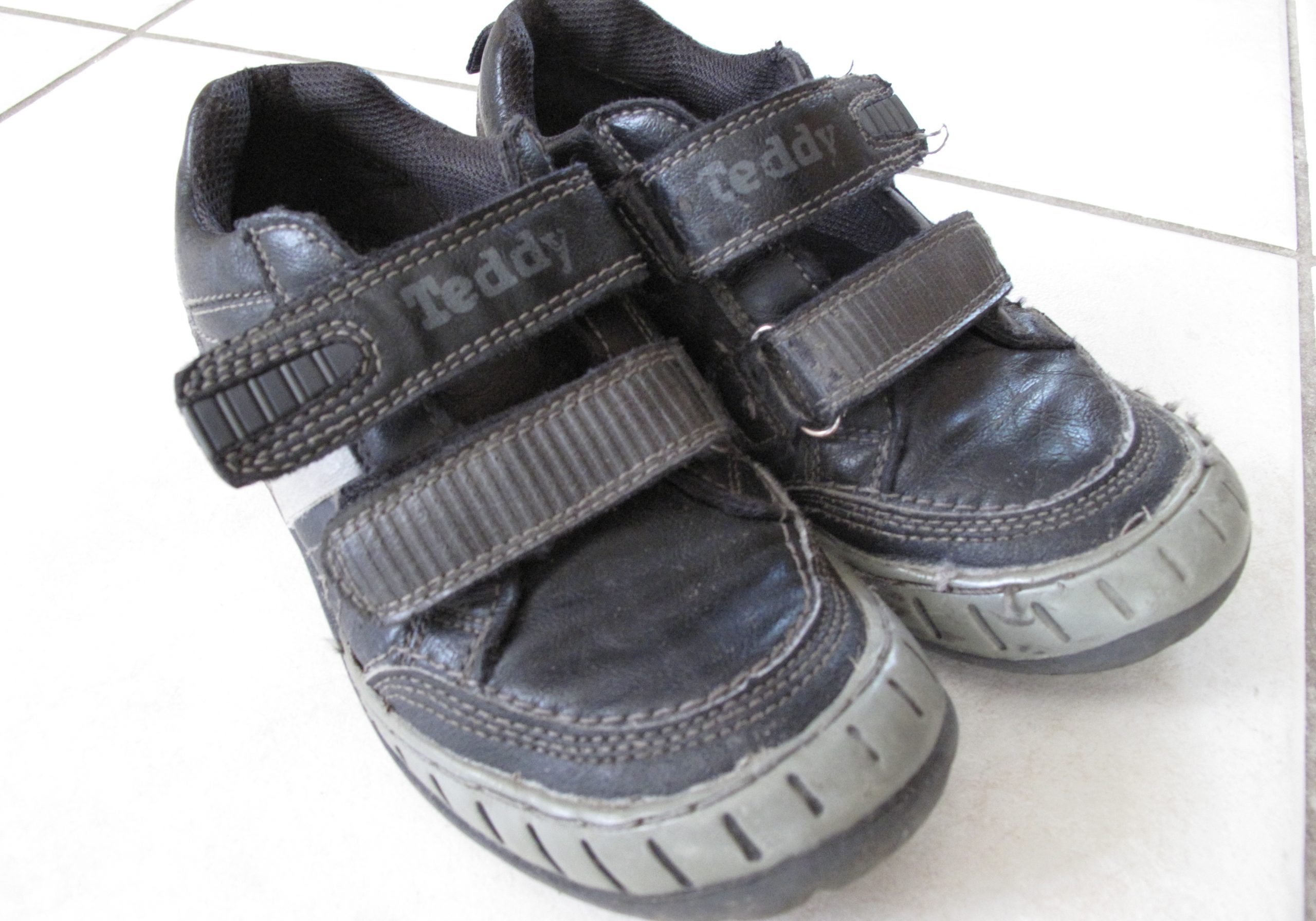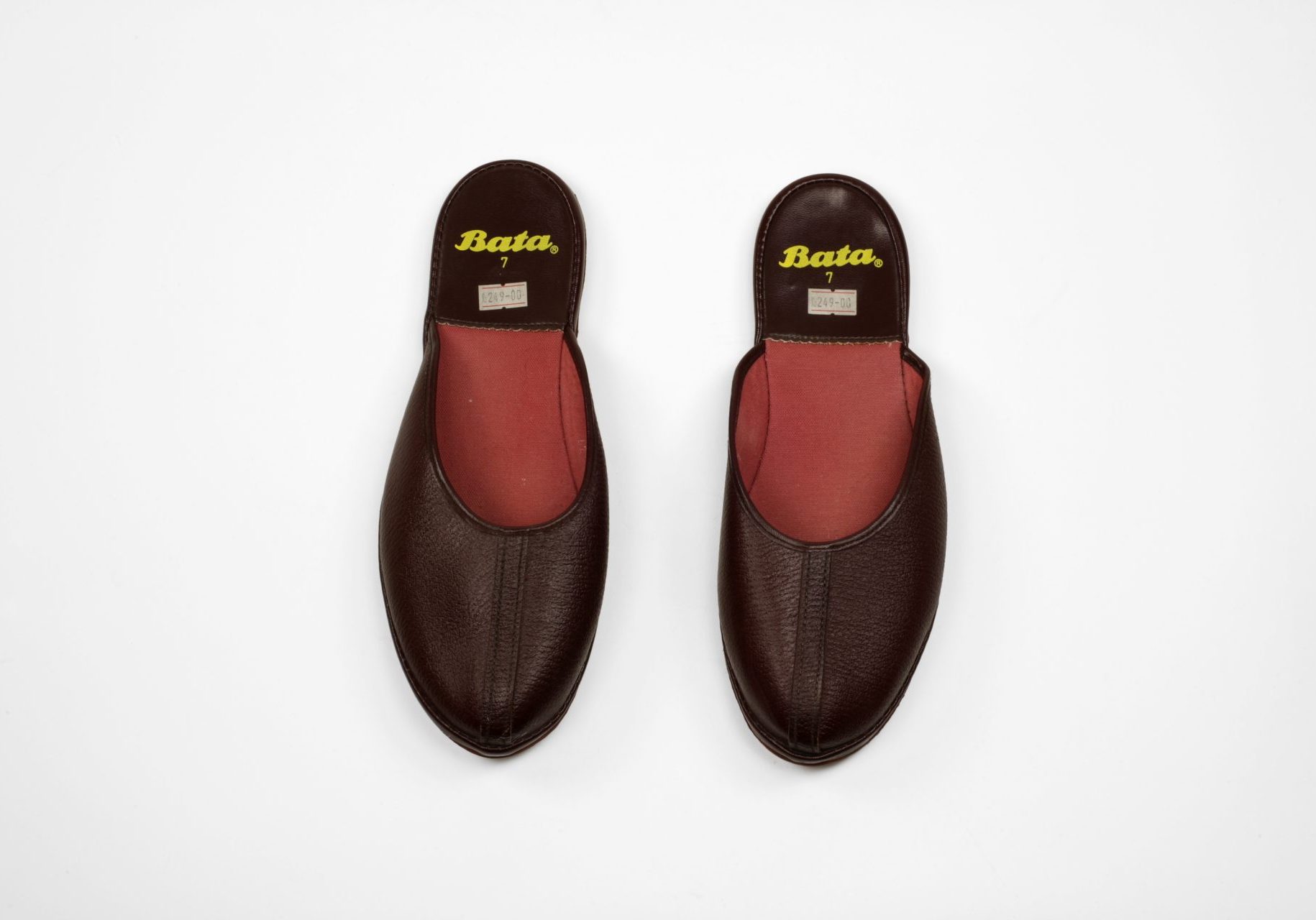Red Boots
Elena Kanaki
Summary:
Elena recalls the all-too-common experience of waiting in a line in her native Russia. Queuing up, Soviets strengthened their will, patience and intellect. People would carry a book to pass the time. Tempers grew short. Storms came and went, but in this case, the bright-coloured prize was worth the drenching.
Story:
Strolling in a Moscow park, I looked forward to an unburdened day–indulging in my favourite ice-cream and checking the theatre bulletin board for upcoming shows. I walked toward a yellowish-red blanket of fallen leaves. Illuminated by the sun, everything glowed in a warm light. I noticed a line-up curling around a shoe shop. Stretching onto the park’s edge, the snake-like queue seemed to vanish inside a shop, out of which spilled shoppers hugging big, white boxes.
“What are they selling?” I asked a plump, cheerful woman.
“Red boots, from Yugoslavia! Seventy rubles a pair!” she said.
“May I have a peek?”
“But of course!” she replied, removing the box lid.
I gasped and froze. Never had I seen such elegant boots. Soft leather, with pointed toes and sturdy heels, they epitomized my dream boots. The fact that they were red made them irresistible. Temptation threw me into the queue, where I took my place behind a smiling man with gold teeth.
It was common to see people waiting patiently outside shops. There used to be a line for everything: milk, meat, toilet paper, books and shoes. My longest one was eight hours in the Red Square to view Lenin’s corpse when I was six. Queuing up, we Soviets strengthened our will, patience–and intellect. Most of us would carry a book to pass the time. Books and vodka were the only escape from reality. Unfortunately, I didn’t have a book with me that day.
Ah, those red boots will match my new black coat and white scarf perfectly! That thought held me in the line. Yes, it would be worth my time and effort.
In 1985, most clothes were still produced in bland grays or browns. Occasionally, other colours appeared, but they were so washed out that they went unnoticed. Foreigners in bright shades looked like tropical birds among sparrows. Shocking red boots were bound to become a sensation.
The queue was moving like a paralyzed turtle. Desperate for something to read, I looked over the shoulder of a woman wearing thick, horn-rimmed glasses. Guessing at the content of her book, I caught one sentence: “A place in the space is always a relative.” Intrigued but not in the mood for philosophy, I started looking around at the other people.
Next to the intellectual woman, a dejected babushka was chewing something in her toothless mouth. In front of these two was a heavily made-up girl in a provocative mini-skirt. Beside her, a dishevelled woman pushed a stroller back and forth.
My attention returned to the man with gold teeth, who seemed to be the only happy one. Suddenly, he burst into song, accompanied by short, rhythmic claps. Impassively, the others observed his strange behaviour. He stopped when he sensed their disapproval, yet still, in a jovial mood, he sought conversation.
“Listen, darling,” he said in Georgian-accented Russian. “What’s your size? I absolutely forgot what size my daughter asked for. You look like my daughter. Probably, you have the same size?” I revealed my unusually big size. He smiled and then grew quiet.
By midday, we hadn’t even reached the corner when the announcement came: only a few size 37 boots remained. This news triggered hissing throughout the line. At the head, someone screamed, “You weren’t here! Don’t push me!” Although tensions were growing, nobody gave up.
Then the sun disappeared behind dark, rolling clouds. The wind began playing with old newspapers. The queue attached itself to the cement wall of the store as the rain and wind began to slap our cheeks. At one point, I considered leaving, but glancing at my masculine boots, I quickly stepped back into the line.
As the torrent began, the faces reflected the gloomy sky. Struggling to hold onto her umbrella, the intellectual woman shielded her Schopenhauer. A huge thunderclap made everybody jump. A gust of wind almost knocked the babushka off her feet. My rain-soaked coat grew heavier. My teeth were chattering nonstop, but there was no going back. Life without those red boots was unimaginable.
Suddenly, the sweet voice of the Georgian man broke through the misery. Oblivious to the rain, he began singing again about Georgia’s sunny hills. Although slightly apprehensive, the people in the line warmed up to him.
Magically, the rain slowed down. The line sped up. Soon we were inside the store. The man finished his song, bowed and said, “I wish you all well!” After purchasing a pair of size-ten women’s boots, he winked at me and slipped into the darkness.
As if his smile remained in my red boots, people on the streets smiled at me when I wore them. They helped to keep my spirits up on bad days. I started to believe in myself, in a happy life filled with adventures in countries where everybody has red boots, where everybody is smiling.
ELENA KANAKI studied movement and performance in Moscow. She left her country originally for Israel and then for Canada. She currently works in theatre.
